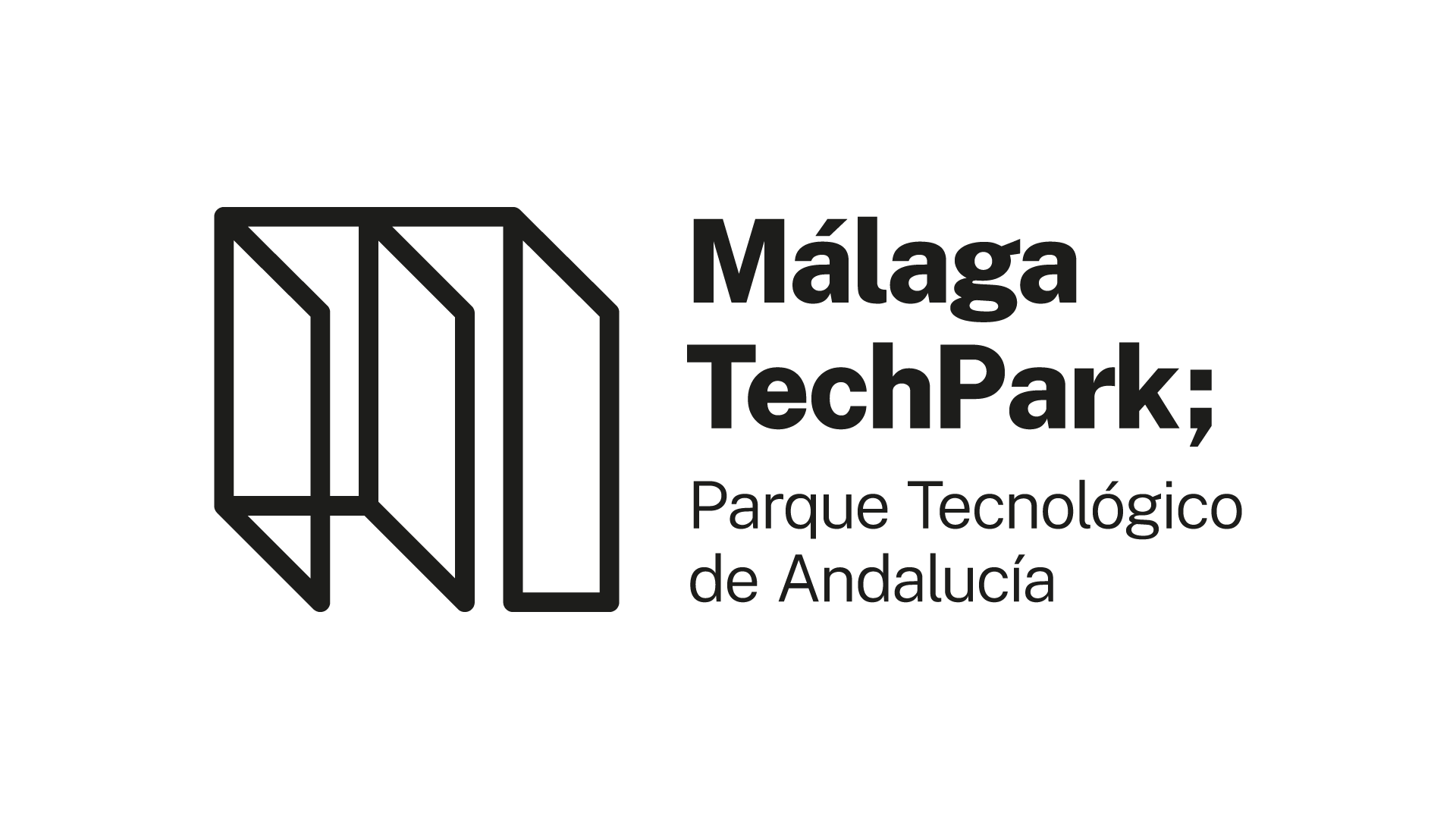-
Experts in the field discuss the current situation of this technology and its applications, and the networks and startups that are forming around it
-
Encouraging collaboration, being persistent over time in the development of this sector and supporting entrepreneurs are the fundamental aspects for the correct evolution of photonics
Photonics was the main protagonist of the Fundación General de la Universidad de Málaga (FGUMA) Summer Course organised this year by Málaga TechPark. Under the title “Fotónica, ¿es la tecnología del siglo XXI?” (“Photonics, is it the technology of the 21st century?”), the Link by UMA-Atech space in The Green Ray building by PTA-UMA has laid on the table the current position of photonics in the world, the main technological applications in which it intervenes, the networks that are being formed through photonics and an overview of the main startups that have been developed around photonics and its applications.
The course has been inaugurated by Felipe Romera, the director of the park; María del Carmen Pardo, the Deputy Vice-Rector for Entrepreneurship and Scholarships of the University of Málaga; and Antonia Infantes, the Academic Research Coordinator of the FGUMA. Felipe Romera has pointed out in his speech that “This course will place photonics as a transcendent element. We are in a crucial position in the world of photonics and we have the purpose of cooperating in this field with other places where there are also relevant research groups in this sense.”
The first expert to speak was Helio Fernández Téllez, PhD. Program Manager – Design IP Spaces at IMEC, who has explained IMEC’s global strategy, how it works and the work it carries out. He was accompanied by Mario Nemirovsky.
CSO of Innova IRV & CTO of Innova IRV Microelectronics. Helio Fernández has explained that “The fact that we have first-class infrastructures and workers from dozens of countries makes us strong.”
Next, it was the turn of Jose Capmany, professor of Photonics and Optical Communications at the Universitat Politècnica de València (UPV), with the talk “El futuro ya está aquí” (“The future is already here”), in which he spoke about the applications of photonics in different fields, such as transport, where he assured that this technology is present everywhere. He has claimed that “The current challenge is to combine photonic systems with robotics, which allows very powerful technology to be integrated into a robot and this has many applications in many fields.”
Robert Halir, Cofunder of Bioherent and AGPhotonics and professor in the Department of Communications Engineering at the University of Málaga, gave a talk entitled “Fotónica, de lo local a lo global” (“Photonics, from local to global”), in which he explained what is being done in Málaga that can be applied all over the world, such as integrated optical sensors with a particular technique inherited from optical communications.
The first day concluded with the round table “¿Somos competidores? Análisis de la situación actual y retos de la UE” (“Are we competitors? Analysis of the current situation and EU challenges”), with Jose Capmany, Professor of Photonics and Optical Communications at the Universitat Politècnica de València (UPV); Robert Halir, Cofounder Bioherent and AGPhotonics; and Helio Fernandez Tellez, Program Manager – Design IP Spaces at IMEC. The round table was moderated by Mario Nemirovsky, CSO of Innova IRV & CTO of Innova IRV Microelectronics. During the panel discussion, the leadership that Europe has to assume in this sector and the necessary talent that needs to be trained and retained was put on the table. Robert Halir claimed that “We have to believe in it, we have the capacity, but we have to want it. We are in a period of prosperity that we can take advantage of.”
Second day
The second day of the Summer Course began with the theme “Industrial Applications of Photonics” and with Guillermo Carpintero del Barrio, Professor of the Department of Electronic Technology at the University Carlos III of Madrid (UC3M) as the protagonist, a speech moderated by Robert Halir, Confundir of Bioherent and AGPhotonics and professor of the Department of Communications Engineering at the University of Málaga. On this occasion, the application of photonics in aviation, the internet and archaeology were discussed. Carpintero said that “In Spain we can compete in photonic design, we have the capacity.”
Next, applications in medicine and sensor technology were discussed by Stefano Signorini, Postdoctoral Researcher ICFO – Optoelectronics group; and Sonia Martín López, head of the Photonics Engineering Group at the University of Alcalá. This round table was moderated by Oscar Chabrera, CFO of Innova IRV & CEO of Innova IRV Microelectronics.
Startups have also played a leading role in this course. Jonas Leuermann, co-founder of Bioherent; Carlos Abellán, CEO of Quside Techonologies; and Pablo Ginel, co-founder of AGPhotonics, talked about the success stories of their startups, a round table moderated by Javier Ullecia, Founding Partner at Bullnet Capital. According to the speakers, opportunity, interest and desire are the keys to launch a startup.
This summer course has concluded with the round table “Ecosistema y redes en Fotónica” (“Ecosystem and networks in Photonics”), with Jose Pozo, Global CTO, Global Photonics Economic Forum; and Santiago Royo, from Plataforma Fotónica 21. The round table was moderated by Felipe Romera, director of Málaga TechPark.
In conclusion, according to Felipe Romera, the level of Spanish photonics has risen to levels of global competitiveness and its global positioning is key to the progress in the development of this technology in our country. Thus, fostering collaboration, being persistent over time in the development of this sector and supporting entrepreneurs are the fundamental aspects to achieve this.

